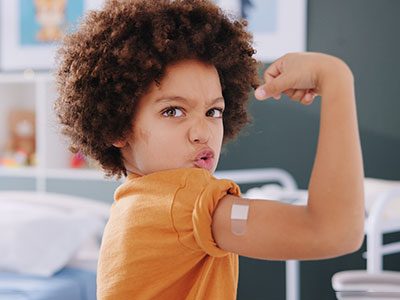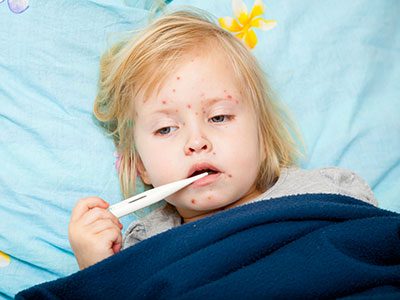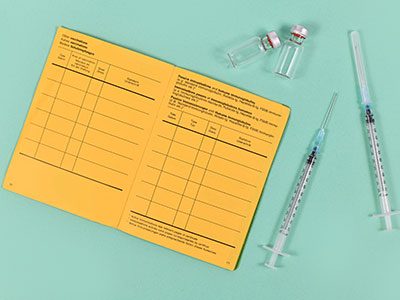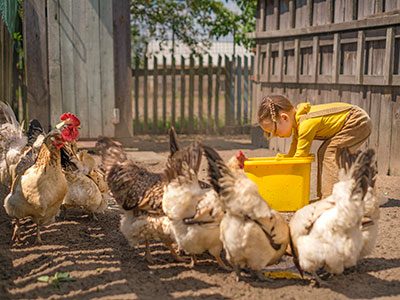There’s been a lot of news lately about the thousands of cheerleaders who were exposed to mumps at a cheerleading competition in Texas. How common is something like this, and should I be worried about my kids getting mumps when they go to large public events or even to school?
You are right that there have been more reports of mumps in the news lately, and the number of cases of mumps in the U.S. has been on the rise since 2006. Public health officials believe it is due to more people traveling internationally to other countries where mumps are more common, and bringing it back to the U.S.
The mump virus is spread in mucous and saliva from coughing, sneezing, sharing utensils, etc. That is why outbreaks tend to occur when people are in close contact with each other such as at cheerleading competitions, and also in college dormitories and military barracks.
Most people infected with mumps experience fever, headache, tiredness and muscle pain, and then go on to develop several weeks of painful swelling in their salivary glands (cheeks and jaw). Most people fully recover without long term issues. However, mumps can also cause life-threatening brain infection, hearing loss and sterility in men and boys.
The good news is that we have a vaccine against mumps that is 88 percent effective after two doses. Children are recommended to receive the first dose of mumps vaccine at one year old, and the second dose when starting school at 4 to 6 years old. A recent study suggests that people lose their protection against mumps, on average, 29 years after receiving their last dose of the vaccine, so the current recommendation is that people receive a third dose of the mumps vaccine if there is a local mumps outbreak. Even when someone has lost some but not all of their mumps protection from being vaccinated, the vaccine still reduces how severely and how long that person will be sick.
Other ways of preventing the spread of mumps is for infected persons to stay at home, disinfect commonly-touched surfaces such as door knobs and tables, cough and sneeze into their elbows and to wash their hands frequently.
 https://riseandshine.childrensnational.org/wp-content/uploads/2026/01/boy-flexing-after-vaccine-feature.jpg
300
400
Rise and Shine
https://riseandshine.childrensnational.org/wp-content/uploads/2017/11/childrens_riseandshine_logo.jpg
Rise and Shine2026-01-20 16:52:102026-01-20 16:52:10What parents should know about childhood vaccines
https://riseandshine.childrensnational.org/wp-content/uploads/2026/01/boy-flexing-after-vaccine-feature.jpg
300
400
Rise and Shine
https://riseandshine.childrensnational.org/wp-content/uploads/2017/11/childrens_riseandshine_logo.jpg
Rise and Shine2026-01-20 16:52:102026-01-20 16:52:10What parents should know about childhood vaccines


 Linda Fu, MD, MS, was a general pediatrician at Children’s National.
Linda Fu, MD, MS, was a general pediatrician at Children’s National.











thanks for info.